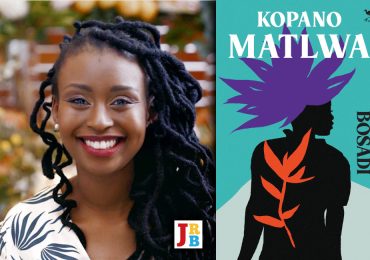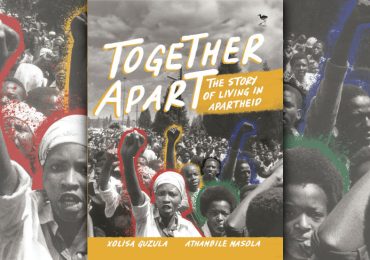Catching Tadpoles: The Shaping of a Young Rebel, Ronnie Kasrils’s new memoir, reflects on the compelling questions that turned a white youngster from a modest background into a lifelong revolutionary.
Don’t miss the launch of Catching Tadpoles at the Rand Club in Johannesburg on 7 December 2019:
Catching Tadpoles has been read and loved by the who’s who of South African letters, including Richard Poplak, Mark Gevisser, Ashwin Desai, Pallo Jordan, Breyten Breytenbach, Mongane Wally Serote, and others!
Read what these luminaries had to say:
‘Occasionally hilarious, often terrifying, sometimes gossipy, always engaging, Catching Tadpoles is a brilliant account of a child growing up in a brutal, unfair system, and at the cusp of adulthood saying: no way, not me, damn their eyes.’ – Richard Poplack
‘Ronnie Kasrils gives us the first 21 years of his life with all the elements that have made him beloved of freedom fighters and book readers alike: his dash, his cunning, his humour, his humanity and – most of all – his irrepressible joie de vivre. He comes of age, he comes to political consciousness and he brings his early worlds – from Jewish Yeoville to Bohemian Joburg – to life. Unputdownable.’ – Mark Gevisser
‘Catching Tadpoles is beautiful because Kasrils is impossible; disarmed but more dangerous with pen than a rusting Makarov.’ – Ashwin Desai
‘In this new work, we get closer to the boykie who grew up whitish to become the man we have come to respect for his steadfast political and existential courage, for his integrity, for his wit and humour, for his fierce commitment to apparently lost causes, for his ability to think and act and engage beyond the limitations of self and of tribe and political expediency and interest. All of the foregoing — and then to be a true writer as well! From this apparent contradiction, he has forged a dialectic for decency.’ – Breyten Breytenbach
‘Kasrils’ conscience, his questioning mind and a sense of justice predestined his collision with racial domination and apartheid. A decade of teenaged youthful rebellion was crystallised into active participation in the national liberation struggle by the Sharpeville Massacre of March 1960. Once he had connected the dots, he committed himself, heart and soul, to the struggle to liberate South Africa from racial oppression. In these pages, Kasrils shares with us the social milieu, family and societal values that shaped the mature liberation fighter.’ – Z Pallo Jordan
‘This fine book illustrates that Kasrils’s rebel child is father to the revolutionary man.’ – Mongane Wally Serote





